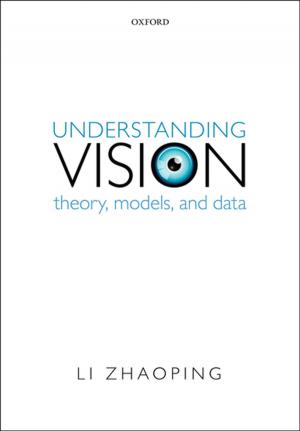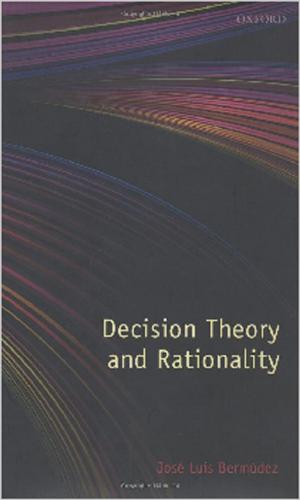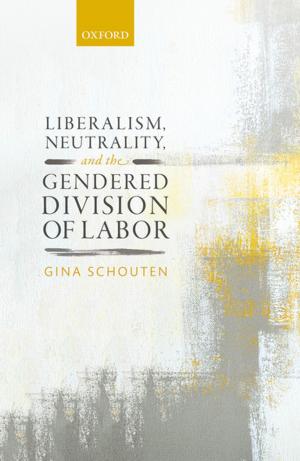The Oxford Handbook of Governance and Limited Statehood
Nonfiction, Social & Cultural Studies, Political Science, Government, Public Affairs & Administration, International, International Relations| Author: | ISBN: | 9780192517678 | |
| Publisher: | OUP Oxford | Publication: | March 8, 2018 |
| Imprint: | OUP Oxford | Language: | English |
| Author: | |
| ISBN: | 9780192517678 |
| Publisher: | OUP Oxford |
| Publication: | March 8, 2018 |
| Imprint: | OUP Oxford |
| Language: | English |
Unpacking the major debates, this Oxford Handbook brings together leading authors of the field to provide a state-of-the-art guide to governance in areas of limited statehood where state authorities lack the capacity to implement and enforce central decision and/or to uphold the monopoly over the means of violence. While areas of limited statehood can be found everywhere - not just in the global South -, they are neither ungoverned nor ungovernable. Rather, a variety of actors maintain public order and safety, as well as provide public goods and services. While external state 'governors' and their interventions in the global South have received special scholarly attention, various non-state actors - from NGOs to business to violent armed groups - have emerged that also engage in governance. This evidence holds for diverse policy fields and historical cases. The Handbook gives a comprehensive picture of the varieties of governance in areas of limited statehood from interdisciplinary perspectives including political science, geography, history, law, and economics. 29 chapters review the academic scholarship and explore the conditions of effective and legitimate governance in areas of limited statehood, as well as its implications for world politics in the twenty-first century. The authors examine theoretical and methodological approaches as well as historical and spatial dimensions of areas of limited statehood, and deal with the various governors as well as their modes of governance. They cover a variety of issue areas and explore the implications for the international legal order, for normative theory, and for policies toward areas of limited statehood.
Unpacking the major debates, this Oxford Handbook brings together leading authors of the field to provide a state-of-the-art guide to governance in areas of limited statehood where state authorities lack the capacity to implement and enforce central decision and/or to uphold the monopoly over the means of violence. While areas of limited statehood can be found everywhere - not just in the global South -, they are neither ungoverned nor ungovernable. Rather, a variety of actors maintain public order and safety, as well as provide public goods and services. While external state 'governors' and their interventions in the global South have received special scholarly attention, various non-state actors - from NGOs to business to violent armed groups - have emerged that also engage in governance. This evidence holds for diverse policy fields and historical cases. The Handbook gives a comprehensive picture of the varieties of governance in areas of limited statehood from interdisciplinary perspectives including political science, geography, history, law, and economics. 29 chapters review the academic scholarship and explore the conditions of effective and legitimate governance in areas of limited statehood, as well as its implications for world politics in the twenty-first century. The authors examine theoretical and methodological approaches as well as historical and spatial dimensions of areas of limited statehood, and deal with the various governors as well as their modes of governance. They cover a variety of issue areas and explore the implications for the international legal order, for normative theory, and for policies toward areas of limited statehood.















